The internet has undoubtedly revolutionized the way we live, work, and interact with one another. With just a few clicks, we can access a wealth of information, connect with people from all over the world, and engage in various forms of entertainment. However, as with any powerful tool, the internet also comes with its fair share of drawbacks. From privacy concerns to addiction risks and the spread of misinformation, it is crucial to examine both the pros and cons of this digital phenomenon that has become an integral part of our daily lives.
The impact of the internet on society.
The internet has undeniably revolutionized society, transforming the way we communicate, learn, and conduct business. Its impact on various aspects of our lives cannot be overstated. One significant effect is the way it has democratized information, putting knowledge at our fingertips and eliminating traditional barriers to learning. Access to vast amounts of information has empowered individuals to become more informed citizens and make better decisions. Additionally, the internet has transformed communication by breaking down geographical boundaries and allowing people from all corners of the world to connect instantly through social media platforms.
However, alongside its positive effects, the internet also presents challenges that society must grapple with. An alarming consequence is the spread of fake news and misinformation that can easily go viral online. This phenomenon undermines trust in traditional news sources and poses a threat to democratic processes. Moreover, while it may have connected us globally, excessive reliance on virtual interactions could lead to a decline in face-to-face social skills and personal relationships. The rapid development of technology also raises concerns about issues such as cybercrime and privacy infringement.
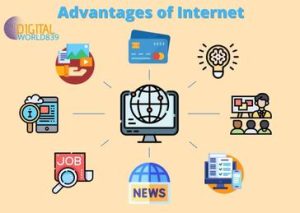
Pros: Access to information and knowledge.
Access to information and knowledge has drastically transformed with the advent of the internet. In the past, individuals had limited access to resources such as books, journals, and encyclopedias. Now, with a few clicks, people can find an abundance of information on virtually any topic they desire. This easy access to knowledge has empowered individuals to become lifelong learners and explore new interests that were previously inaccessible.
However, it’s essential to recognize that not all information found on the internet is accurate or reliable. As anyone with an internet connection can publish content online, misinformation and fake news have proliferated in recent years. The challenge for users lies in distinguishing credible sources from dubious ones. Developing critical thinking skills is more important than ever in order to evaluate the authenticity and validity of online resources. Overall, while access to information and knowledge via the internet offers tremendous benefits for learning and exploration, users must be vigilant in discerning fact from fiction while ensuring their own safety in this digital age.
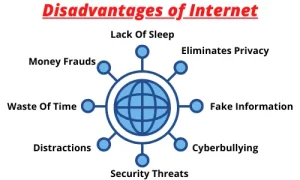
Cons: Privacy and security concerns.
Privacy and security have become major concerns in our ever-connected digital world. While the internet has undoubtedly revolutionized the way we communicate and access information, it has also opened up avenues for cybercriminals to exploit our personal data. From social media platforms harvesting user information for targeted advertising to identity thefts and data breaches becoming increasingly common, individuals are rightly worried about their online privacy.
Moreover, government surveillance programs and the collection of metadata by intelligence agencies have raised questions about individual rights and freedom of expression. The trade-off between security and privacy becomes a contentious issue, as governments argue that increased surveillance is necessary to protect against terrorist threats while critics argue that these measures encroach upon basic civil liberties. As technology advances at an unprecedented pace, it is clear that safeguarding our privacy and security will only become more complex. Striking a balance between convenience and protecting sensitive data is crucial in today’s digital landscape. It’s important to stay vigilant, regularly update passwords, enable two-factor authentication whenever possible, use encryption tools when transmitting sensitive information, and be mindful of sharing personal details online. As users become more informed and demand transparency from organizations regarding their data practices, there is hope for a safer online environment where privacy is respected without compromising on technological advancements.
Pros: Communication and connectivity worldwide.
Communication and connectivity through the internet have undoubtedly revolutionized the way we interact with one another on a global scale. With just a few clicks, we can communicate instantly with someone halfway across the world. This level of connectedness has opened up new opportunities for collaboration, sharing ideas, and fostering understanding among diverse cultures. It has also brought people closer to their loved ones, bridging long distances and defying geographical barriers.
However, it is important to acknowledge that communication online does not always equate to genuine connection. The rise of social media platforms has allowed us to create virtual communities and establish digital relationships. While this can be beneficial in terms of expanding our networks and accessing a wealth of information, it often lacks the depth and intimacy of face-to-face interaction. As we become increasingly reliant on screens for communication, there is a risk that our interpersonal skills may deteriorate over time.
Cons: Online addiction and mental health issues.
Online addiction and mental health issues are growing concerns in our increasingly digital world. With easy access to the Internet and its endless sources of information, entertainment, and social connections, it’s not surprising that people can find themselves spending excessive amounts of time online. However, this constant engagement with screens can have detrimental effects on mental well-being.
One major issue is the addictive nature of the Internet itself. Social media platforms, online games, and streaming services are all designed to keep users engaged for as long as possible. The constant stimulation from notifications and the fear of missing out (FOMO) can lead to a compulsive need to constantly check devices or websites. This addiction not only hampers productivity but also affects mental health by exacerbating feelings of loneliness, depression, and anxiety. It is crucial that we acknowledge these challenges associated with internet use and take steps towards healthier habits in order to prioritize our overall well-being.
Conclusion: The internet’s role in shaping our world.
In conclusion, the internet has undoubtedly played a pivotal role in shaping our world in both positive and negative ways. On the one hand, it has revolutionized communication by connecting people from all corners of the globe, allowing for instant information exchange and breaking down barriers that once hindered connectivity. Moreover, it has democratized access to knowledge and educational resources, empowering individuals to learn at their own pace and pursue new opportunities.
However, as with any powerful tool, the internet also harbors its dark side. The rise of social media platforms has fueled echo chambers and polarization, leading to a fragmentation of society’s collective values and opinions. Additionally, the pervasive influence of online advertising and algorithm-based content recommendation systems have prompted concerns about privacy invasion and manipulation. It is crucial for us to recognize these drawbacks and undertake measures to mitigate them while harnessing the full potential of this remarkable technology.
Ultimately, while the internet has shaped our world for better or worse, its impact cannot be denied or ignored. It is up to us as users to wield this tool responsibly by seeking critical thinking skills in navigating through vast amounts of information online while fostering empathy and understanding amidst differing viewpoints. By doing so, we can maximize the benefits offered by the internet while minimizing its detrimental effects on our society’s fabric.













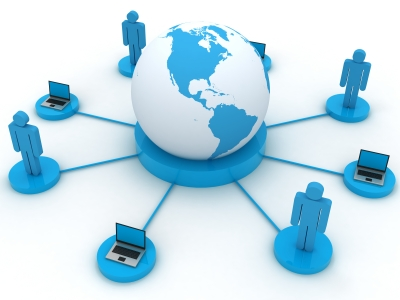

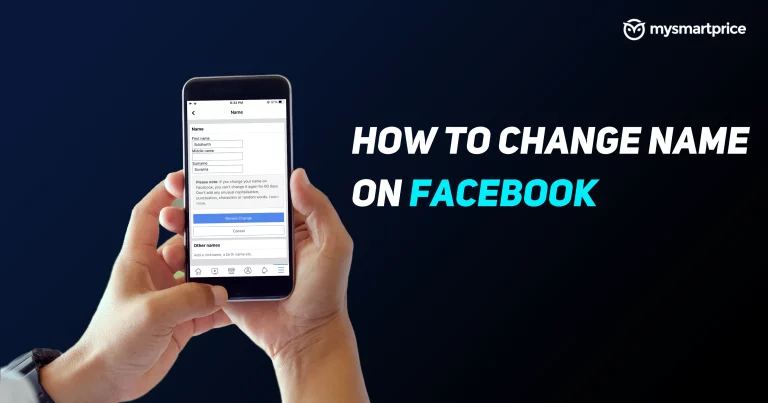
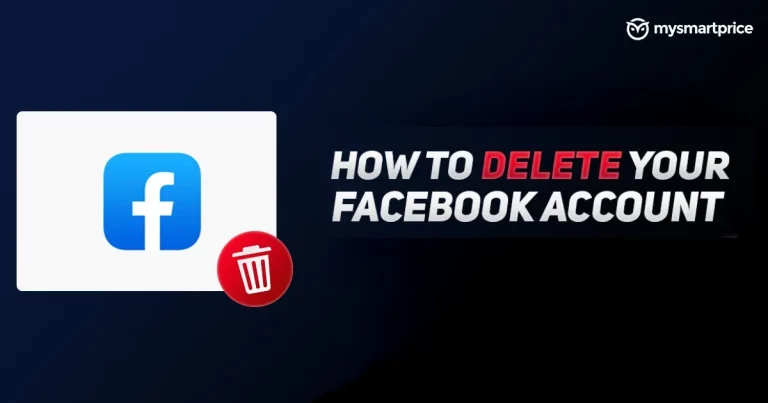

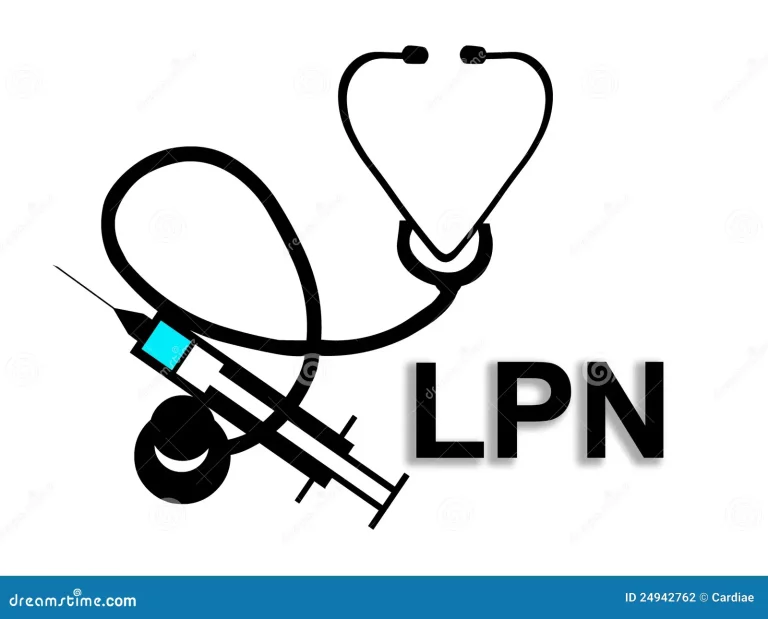

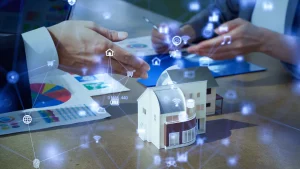








+ There are no comments
Add yours